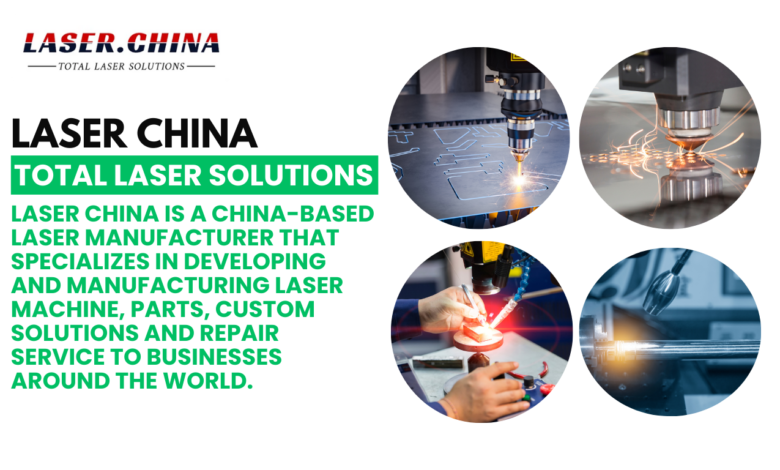
When considering the purchase of a laser welder, one of the primary concerns for businesses and individuals is the cost. Laser welding technology has gained popularity due to its precision, speed, and versatility across various industries, but its price can vary significantly based on the type, power, features, and brand of the machine. So, how much does a laser welder cost, and what factors influence its price?
Understanding Laser Welder Cost in 2024
Laser welding machines are available in a wide price range, typically from $3,000 for entry-level models to over $200,000 for high-end, industrial-grade systems. Here’s a detailed breakdown of the costs and the factors that affect them:
1. Types of Laser Welders and Their Costs
The cost of a laser welder largely depends on the type of laser it uses. Here are the common types and their price ranges:
- Fiber Laser Welders: These are among the most popular due to their efficiency and ability to work with metals like aluminum, stainless steel, and copper. Prices typically range from $10,000 to $80,000, depending on power output (e.g., 1000W, 2000W, or higher).
- CO2 Laser Welders: These are better suited for non-metallic materials like plastics or wood. They are generally less expensive, with prices starting at around $3,000 for small, low-power machines and going up to $30,000 for advanced models.
- Diode Laser Welders: Known for their affordability, these are often used for small-scale or specific applications. Prices range from $5,000 to $20,000.
- Nd:YAG Laser Welders: These machines are versatile and highly precise, making them ideal for industries like jewelry and medical device manufacturing. They are typically priced between $15,000 and $100,000.
2. Factors Influencing the Cost
Several factors influence the price of a laser welder:
- Power Output: Higher wattage machines (e.g., 3000W or more) are more expensive as they can weld thicker and harder materials faster.
- Automation and Features: Advanced features such as CNC automation, real-time monitoring, or multi-axis capabilities can add significantly to the cost. Automated laser welders designed for mass production can cost upwards of $100,000.
- Brand and Manufacturer: Renowned brands like Trumpf, IPG Photonics, or Han’s Laser often charge a premium due to their reputation for quality and reliability. However, budget-friendly options from lesser-known manufacturers are also available.
- Portability and Size: Handheld laser welders, which are compact and easy to use, typically cost less than large industrial systems. Their prices usually range from $10,000 to $30,000.
- Consumables and Maintenance: While the upfront cost of a laser welder is important, operational costs also matter. Fiber lasers, for instance, have lower maintenance costs compared to CO2 lasers.
3. Applications and ROI
Though laser welders can be expensive, they offer a high return on investment (ROI) for many businesses. Industries such as automotive, aerospace, electronics, and medical manufacturing rely on laser welding for its precision, speed, and ability to create clean, strong welds without additional processing.
For small businesses or hobbyists, entry-level machines provide an affordable way to leverage this technology. On the other hand, large-scale manufacturers benefit from the speed and efficiency of high-power, automated systems that justify their higher cost.
4. Conclusion
The cost of a laser welder in 2024 varies widely depending on its type, power, features, and intended use. For small-scale applications or hobbyists, a basic model might suffice, costing $3,000 to $15,000. However, for industrial use, investing in a high-power, automated system costing $50,000 to $200,000 could be the best choice.
When deciding on a laser welder, it’s essential to consider not just the upfront cost but also the long-term benefits, operational costs, and potential ROI. A laser welder, although a significant investment, can enhance productivity and precision, making it an invaluable tool for many industries.
